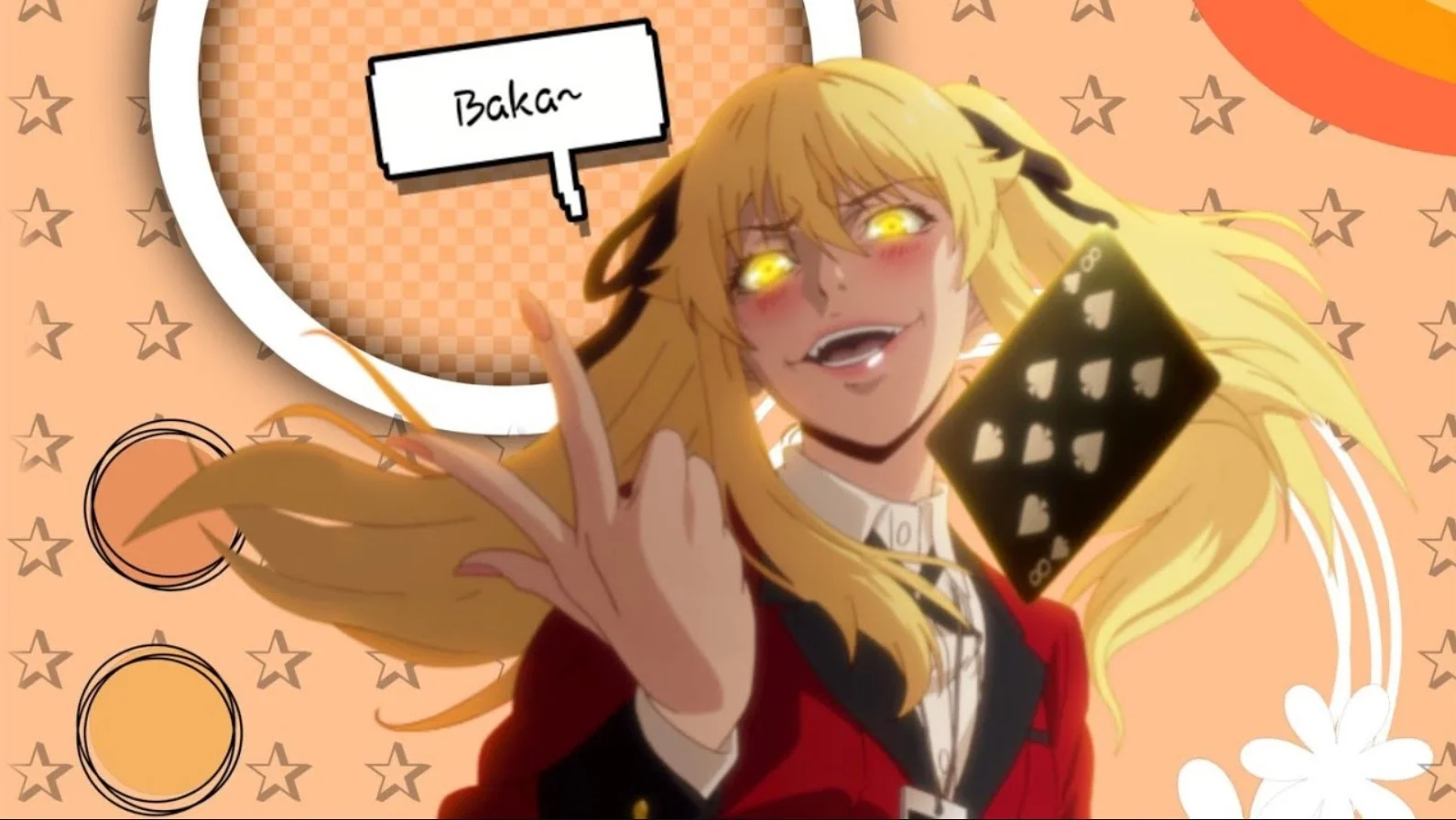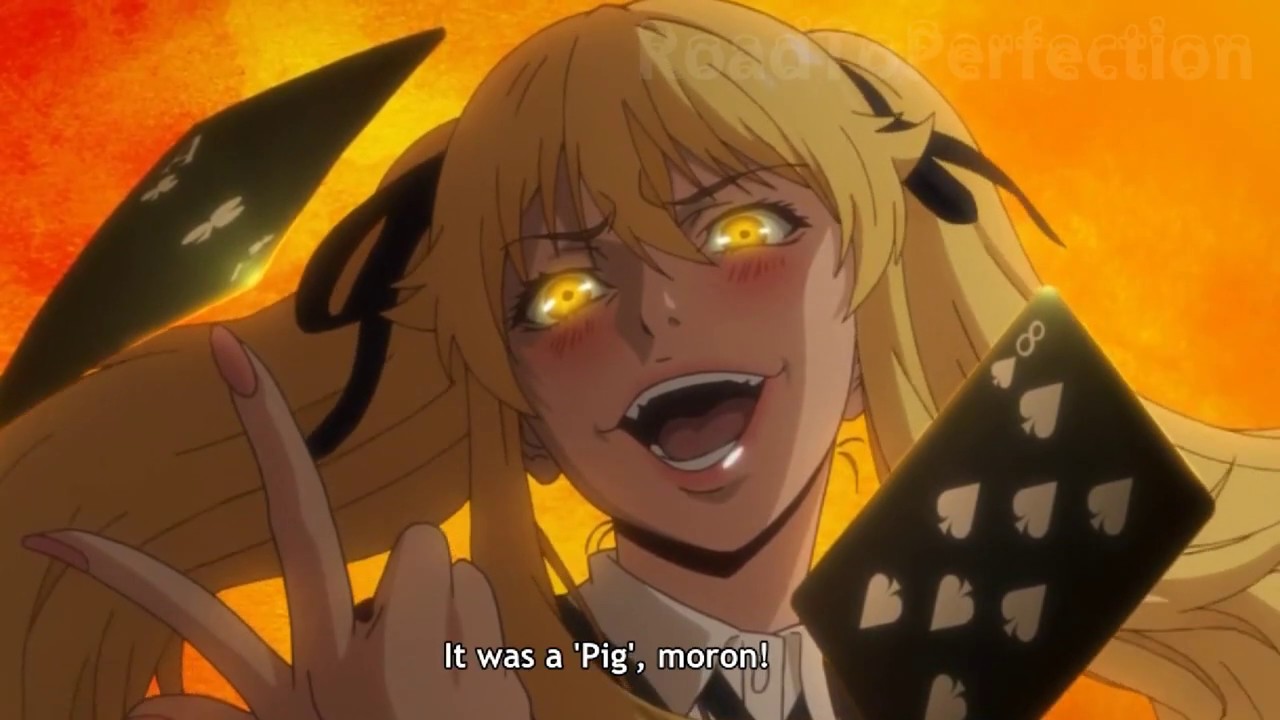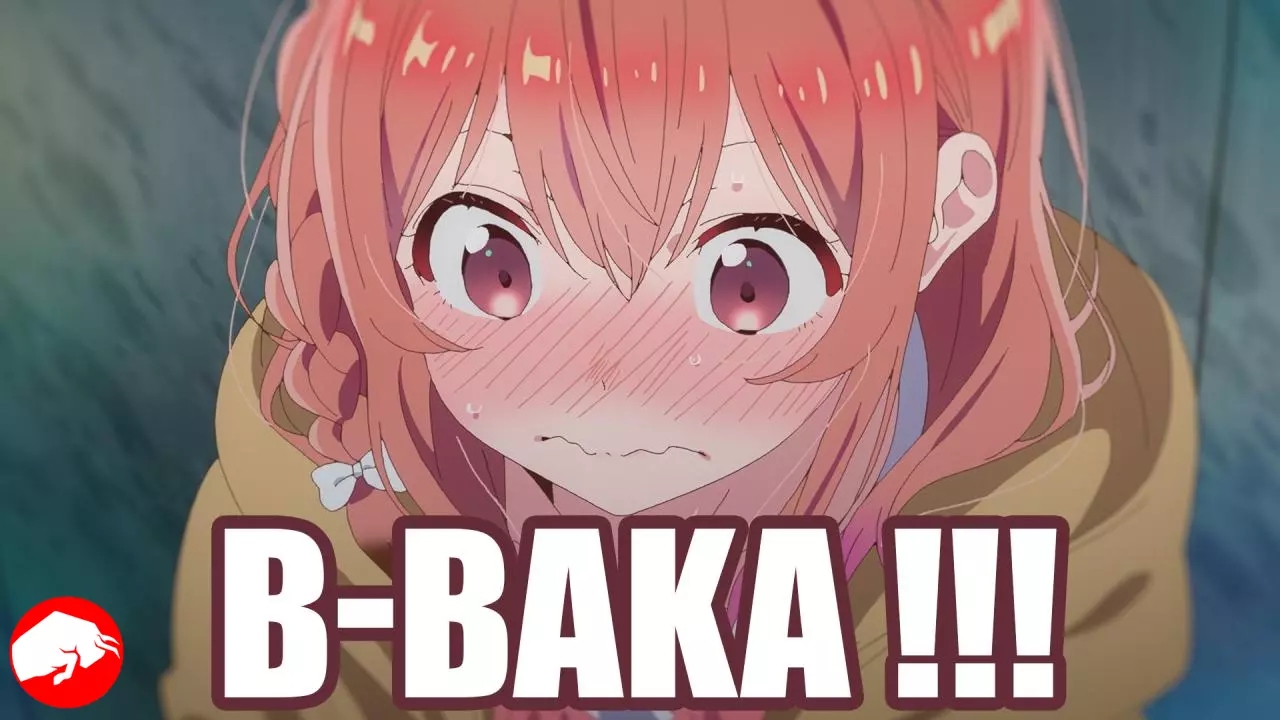Peeling Back the Layers of ‘Baka’
It’s a word that anime and manga aficionados have heard countless times, emanating from the mouths of their favorite characters: “Baka!“ Whether you’re a casual fan or a die-hard otaku, you’ve likely wondered about the various shades of meaning behind this ubiquitous term. In this deep dive, we’ll uncover the many facets of “baka” and how it has ingrained itself into Japanese culture and otaku lexicon.
What’s in a Word? The Multiple Meanings of ‘Baka’
“Baka” literally translates to “fool” or “idiot,” but don’t be fooled! Its nuances stretch far beyond mere stupidity. While in some situations “baka” may serve as a potent insult, it can just as easily function as a term of endearment among close friends. The term has many shades, and it’s important to understand its cultural resonance before casually tossing it into conversation.

What Anime Characters Teach Us About ‘Baka’
From the hot-headed Naruto Uzumaki to the feisty Taiga Aisaka from Toradora!, anime characters often wield “baka” as more than just a catchphrase. It becomes an emotional punctuator, a nuanced way to express complex feelings.
Whether it’s Naruto calling Sasuke a “teme no baka” or Taiga teasingly referring to Ryuuji as “Ryuuji no baka,” the usage spans a wide emotional spectrum.
How Different Audiences Perceive ‘Baka’
If you’re a kid, “baka” might just seem like a funny word to toss around with friends. For teens, it becomes a rebellious assertion, a way to challenge authority figures. But as adults, the word is often left behind, seen as unrefined and immature. How “baka” is received and deployed varies considerably among different social strata and age groups in Japan, which only adds to its complex nature.
Impact on Otaku Culture and Language Learning
Ever wondered why “baka” is so prevalent in anime? It’s because it’s become an otaku staple! The term has even found its way into Japanese language learning curricula, thanks to its omnipresence in popular media.
However, learners should exercise caution; relying solely on anime as a language tutor could lead to some, well, “baka” mistakes.

Concluding Thoughts
From serving as a punchy insult to a nuanced expression of affection, “baka” is a linguistic marvel that offers an insight into the complex tapestry of Japanese language and culture. Understanding its many shades can enrich not just your viewing experience, but also your cultural appreciation. So, the next time you hear someone yell “baka” in an anime, remember: it’s more than just a simple insult!










